Last week, GM announced it would drop the Daewoo marque, as it has done through Europe, in its native Korea, in favour of Chevrolet.
The company will also be renamed GM Korea, a name it once had nearly four decades ago.
While most will think this makes sense, so GM can concentrate on unifying its Chevrolet brand globally, I have to play devil’s advocate.
We know that GM opted to use Buick as its first brand in China in the Communist era because it had generated a lot of goodwill prewar. And it worked: Chinese people, somehow, knew that Buick was a quality brand, even though there were very few cars in China in the 1930s. In the 1990s, 60 years on, Buick sold pretty much everything it made through its joint ventures in China.
This might be due to Chinese people valuing history and a sense of brand loyalty in an era where foreign brands were still fairly new in the People’s Republic.
What about Korea? Of course, South Korea is no stranger to brands and consumerism, but where does Chevrolet fit? Is it as well placed as Daewoo, which has seen years of financial disgrace as a car company?
If we took the Chinese experience, then we might look at the last car GM sold as a Chevy in the Korean market:
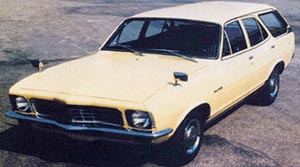 Chevrolet 1700. 1972–8 (prod. 8,105). 4-door sedan, 5-door wagon. F/R, 1698 cm³ (4 cyl. CIH). Holden Torana (LJ), made by Saehan of Korea. Essentially a facsimile of the Australian original, but for an unusual station wagon model that looked more like an Opel at the back. Robust, but a failure on the Korean market, thanks to a perception that it was thirsty (the oil crisis did not help; Korean engines were generally smaller at this point). In theory replaced by facelifted Camina in 1976, though it ran alongside it.
Chevrolet 1700. 1972–8 (prod. 8,105). 4-door sedan, 5-door wagon. F/R, 1698 cm³ (4 cyl. CIH). Holden Torana (LJ), made by Saehan of Korea. Essentially a facsimile of the Australian original, but for an unusual station wagon model that looked more like an Opel at the back. Robust, but a failure on the Korean market, thanks to a perception that it was thirsty (the oil crisis did not help; Korean engines were generally smaller at this point). In theory replaced by facelifted Camina in 1976, though it ran alongside it.
Not exactly a success. The supposed successor, the Camina, sold even fewer, despite having a smaller engine.
If Koreans had the same conditions as the Chinese, then this one model sold as a Chevrolet in Korea will instil negative brand associations in the Korean market.
Daewoo hasn’t exactly had the history of Buick. It emerged as a car marque only in the 1980s, taking over from Saehan, so it may well be disposable. It’s also not like Datsun of Japan, which had plenty of years established worldwide. Nor is it like other storied GM brands such as Vauxhall and Holden, which are restricted to one country or one region.
Koreans have also seen major brands such as Goldstar, or Lucky–Goldstar, become the much simpler LG. Walk around Seoul and you see plenty of KFCs and Pizza Huts.
But there’s still a part of me that says a nation that has very few expatriates might just prefer their locally made cars to have local brands.
Koreans have a perception that foreign brands invite the tax authorities to investigate you, which is why so few people buy non-Korean cars there. So how will Korean-made and Korean-developed, but foreign-badged, cars go down there?
It hasn’t been done with rival brands Hyundai, Kia, Ssangyong or Samsung, the latter two having foreign owners.
GM will have to be careful how Chevrolet is marketed, to ensure that it’s perceived, at least in Korea, as a Korean brand that just happens to have an American home and a French pronunciation. Because if there’s one thing branding can do, it’s to make people overlook the actual country of origin in favour of the perceived one. This is why Japanese giants such as Suntory sell fruit juices in New Zealand as Just Juice, Fresh-Up or Bay Harvest—brands with histories in New Zealand—and we do not see Bill Murray on our airwaves getting lost in translation in a commercial.
Sure, Daewoo has been owned by GM for years, so every car buff in Korea knows that the name change means nothing. Some of the range—the Alpheon and the Veritas, for instance—hail from China and Australia. But the everyday person in the street might be a bit more comfortable buying a Daewoo Alpheon than a Chevrolet Alpheon—because no one really wants the revenuers sending a letter saying they’re going to be audited.

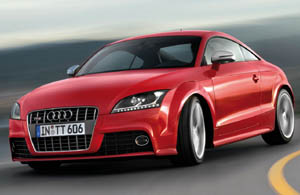
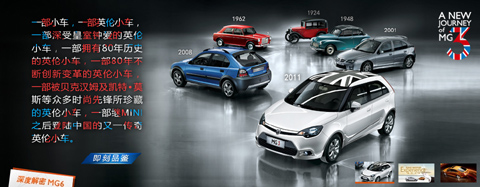

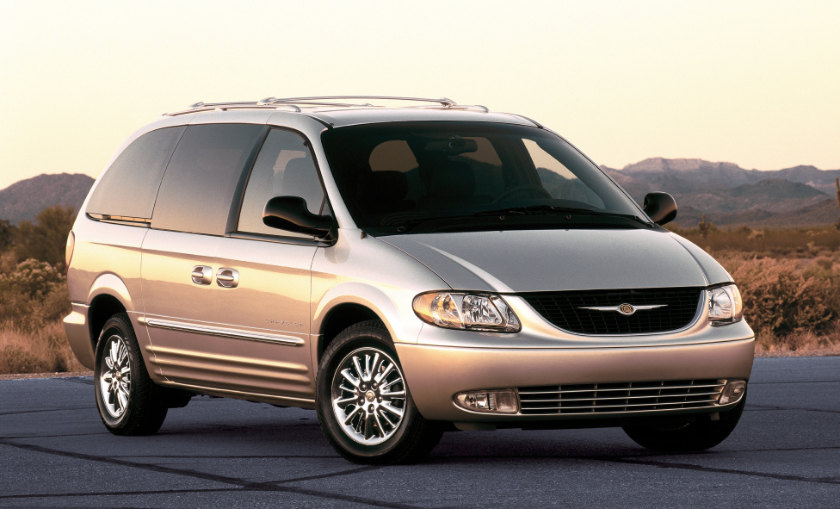

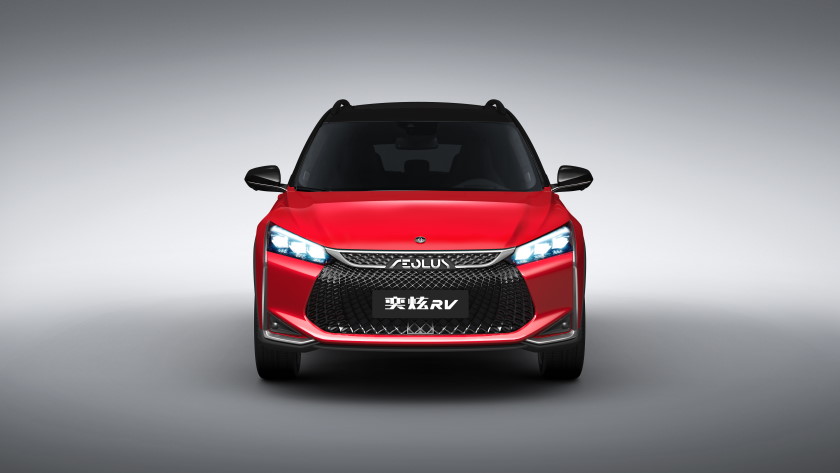

Can you provide us with evidence that owning foreign brand car in Korea will invite tax auditors?
No. I said it was a belief held by some, I didn’t say it was true. But beliefs are enough to kill a brand’s chances. Look out on any street in Seoul and Pusan and point out how many people are driving a foreign-branded car: I’ll guarantee you now that the proportion’s among the lowest in the world for a developed economy, including Japan.